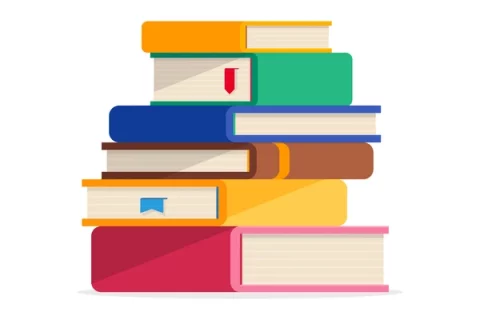By Rafi Josselson ’25
Every year TLS welcomes new staff members, and this year is no exception. In the High School alone, there are a dozen new faculty members. The new faculty members include; an IT Support Specialist, a High School Student Life Coordinator, a director of college counseling, a community engagement coordinator, and various teachers who bring unique perspectives into the classroom. Two of these new teachers are science teacher Scott Boulding and Hebrew teacher Nir Rikman.
Rikman, originally from Israel, has been teaching Hebrew for 20 years. Most recently he served as the Hebrew department chair at the Hannah Senesh Community Day School for ten years, and he says that he enjoys face-to-face teaching the most.
“I enjoy teaching because I can see growth in my students,” Rikman said. “I’ve taught all ages, from kindergarten through adult learners. When you see the growth, when you see the ability to succeed, you create a kind of connection. I wanted to go back to teaching because I enjoy being with the students, understanding their levels, and understanding what are the next steps in helping them move forward.”
Boulding, originally from Florida, has been a science teacher for 15 years and his desire to teach was instilled at an early age.
“I’ve always enjoyed learning about science ever since I was a little kid,” Boulding said. “My hobbies were all science-oriented hobbies. I think the very first hobby I ever pursued was collecting rocks and minerals and trying to identify them. So from an early age, I was very much into science and my parents encouraged that. My father was an engineer, so he bought me a lot of science books for birthday and holiday gifts. I have just always loved it ever since I can remember.”
Boulding pursued his passion for science by deciding to become a science teacher. After teaching in Florida, he recently moved to the New York area and began teaching science at TLS.
“I began teaching at a public school,” Boulding said. “And before that, I was teaching adults in a career school. It was a school for people that wanted to go into healthcare careers. I can’t imagine teaching anything else, except perhaps literature, which is another passion of mine. Teaching science is so important because people in our society need to be scientifically literate so that they can make informed decisions.”
After teaching at other schools, both Rikman and Boulding have decided to come and join TLS. Rikman says that the transition has been very smooth thanks to the help and support of the students.
“Right now, it’s been really nice,” Rikman said. “There is a lot to learn as far as the culture of the place and getting to know the students, but everyone has been welcoming. I really like my students. For me, it’s been a good transition because I wanted to teach more.”
Boulding agrees and says that this is thanks to the support of teachers.
“I think the transition for me has been very smooth,” Boulding said. “That is because of my colleagues here. The other faculty and staff here have just been super friendly and super helpful. Anytime I had a question, there was always someone willing to answer it for me. The students have also been very welcoming, I think Leffell is the first school I’ve ever been in where at the end of class, the students actually thanked me. I’ve never had that before.”
Rikman is excited about the upcoming school year. He hopes that each and every one of his students will be able to improve their Hebrew language skills.
“I strongly believe that every student can learn,” Rikman said. “When I was a 10th grader learning chemistry, I used to get zeros. And then a friend of mine, who was older than me, sat with me and started explaining what was going on, and I started getting A’s. I take from that experience the belief that every kid can learn. So, that’s one thing that pushes me. When I teach students, I first want to understand how my students learn and know what’s the best way to engage them. And also, what’s their level. Once I figure out those things, I can find the right materials to engage them at the right level.”
Boulding hopes that his students will learn a lotfrom his class. He believes that learning science will help his students understand the environment around them.
“I hope students will have a new and deeper appreciation of the universe around them, the everyday world around them and the larger universe,” Boulding said. “We often take things for granted in the world around us. We don’t think about how they work and why they work the way they do. Hopefully, my class will get students thinking about those kinds of questions.”




